13 Things Women Say When They Deeply Regret Getting Married

Marriage is often portrayed as a fairy-tale ending, but for some women, reality doesn’t match the dream. When deep regret settles in, certain phrases begin to surface—expressions that quietly reveal disappointment, longing, and emotional distance. They may sound casual or even playful, but beneath the surface lies a truth that’s anything but lighthearted.
1. Not Right Now, Honey

This phrase sounds polite, even gentle. But when it becomes a regular response to affection or intimacy, it signals something much deeper than being tired or distracted.
Women who feel trapped in regretful marriages often use this line to create emotional and physical space. It’s easier to deflect than to confront the uncomfortable truth that connection no longer feels natural or desired.
Over time, avoidance becomes a habit. What starts as occasional distance can grow into a wall that neither partner knows how to break down, leaving both feeling lonely and misunderstood.
2. I’m Busy

The small words that carry enormous weight. When a woman constantly claims she’s too busy for her spouse, it’s rarely about her schedule—it’s about her heart.
Busyness becomes a shield. Filling every moment with work, hobbies, errands, or social plans means less time facing an unhappy reality. The marriage becomes something to escape from rather than return to.
Friends, projects, even household chores suddenly seem more appealing than spending quality time together. This shift doesn’t happen overnight, but once it does, the gap between partners widens with every avoided conversation and canceled plan.
3. Don’t Get Married
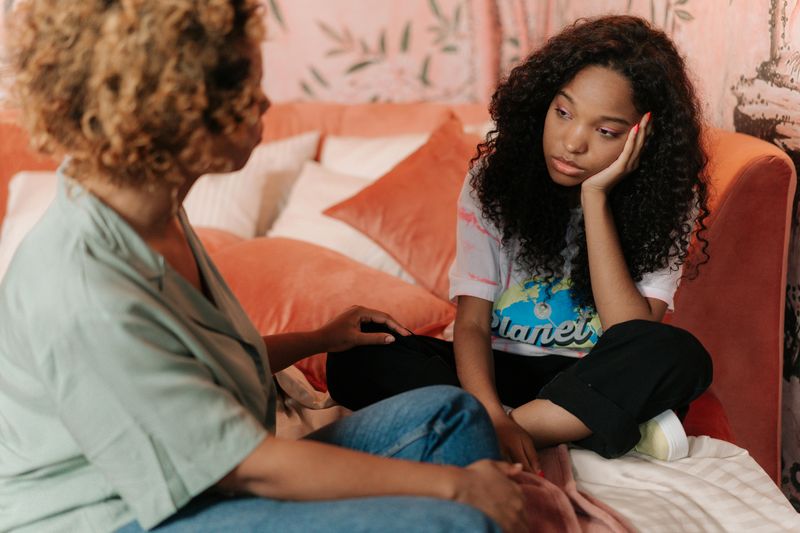
She laughs when she says it, but there’s a sting behind the joke. Friends announce engagements, and instead of celebrating wholeheartedly, she offers this half-serious warning.
It’s a projection of her own disappointment. What she’s really saying is that her experience has been painful enough to make her question the entire institution. The advice comes from a place of protective cynicism.
Young couples might brush it off as humor, but those who know her well can hear the regret. It’s her way of processing feelings she may not be ready to admit fully, even to herself.
4. I Regret Getting Married

Sometimes, there’s no sugar-coating left. This blunt confession breaks through all the polite pretense and lays bare the painful truth she’s been carrying.
Saying it out loud—whether to a therapist, close friend, or even herself—marks a turning point. It acknowledges that the relationship isn’t just struggling; it’s fundamentally wrong for her.
This admission doesn’t always lead to immediate action. Many women live with this regret for years, weighing financial concerns, children’s wellbeing, and social pressure before deciding what comes next. But once spoken, the truth can’t be unheard.
5. I Don’t Regret Having Kids, But I Regret Who I Had Them With

Few statements cut as deeply as this one. It separates her love for her children from her feelings about their father, drawing a painful line between joy and mistake.
Her kids bring meaning and purpose to her life. But when she looks at her spouse, she wonders how different things might have been with someone else—someone more supportive, understanding, or compatible.
This thought haunts many women in regretful marriages. They’re grateful for their children but trapped by the choice of partner, creating an emotional conflict that’s difficult to resolve or even discuss openly without guilt.
6. Not This Again

Frustration drips from every syllable. Arguments start to feel like reruns—same issues, same circular conversations, same lack of resolution. When a woman says this, she’s exhausted.
She’s tired of explaining her feelings, tired of being misunderstood, and tired of hoping things will change. The repetition has drained her patience and goodwill.
What once might have sparked passionate debate now only brings weary resignation. She knows how the fight will go before it even starts, and that predictability makes everything feel more hopeless and unchangeable than ever.
7. I’m Getting a New Job

Career changes can be exciting, but sometimes they’re about more than professional growth. For women in unhappy marriages, a new job offers something precious: independence.
A fresh position might mean new income, new social circles, and new identity outside the marriage. It’s a form of escape that feels productive and socially acceptable.
She might not even realize she’s seeking distance at first. But the excitement she feels about work compared to her flatness at home reveals the truth. Her energy flows toward anything that makes her feel capable, valued, and free.
8. A Single Cat Lady Era Sounds Fun

She says it with a laugh, but there’s longing underneath. The image of living alone with pets and no relationship drama actually sounds peaceful, maybe even ideal.
This fantasy reflects her desire for simplicity and autonomy. No more compromising, arguing, or feeling misunderstood. Just her own space, her own choices, her own quiet life.
Friends might joke along with her, but she’s half-serious. The vision of solitude has become more appealing than the reality of her marriage, which says everything about how disconnected she feels from her partner.
9. I Don’t Need to Do Anything for Our Anniversary
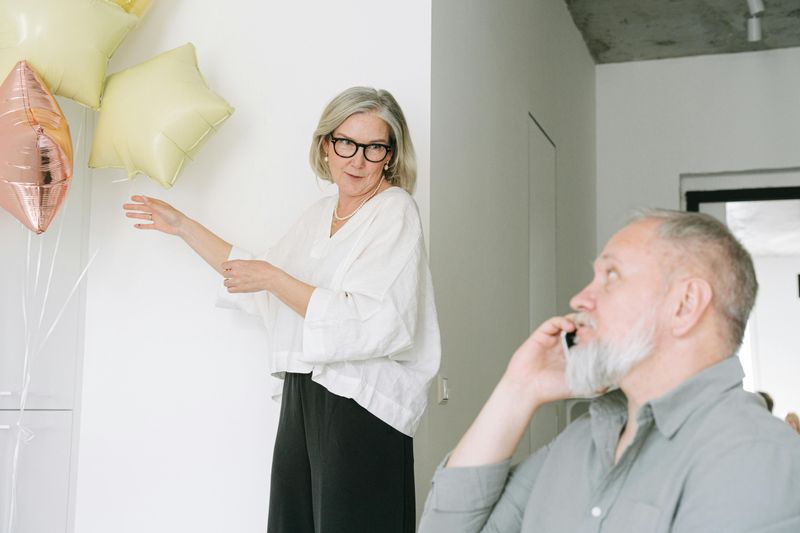
Anniversaries used to mean something. Now, they’re just another date on the calendar, stripped of romance and significance. When a woman dismisses celebrating, it’s not about being low-maintenance. It’s about emotional detachment.
She no longer feels invested in marking milestones because the relationship itself feels hollow. Her partner might feel relieved to skip the fuss, not realizing it’s actually a red flag.
The lack of enthusiasm signals that the love and effort she once put into the marriage have quietly faded away. It’s not indifference—it’s the quiet mourning of what love used to be.
10. Sometimes, I Wonder What Would Have Happened If I Had Gone Out With Someone Else
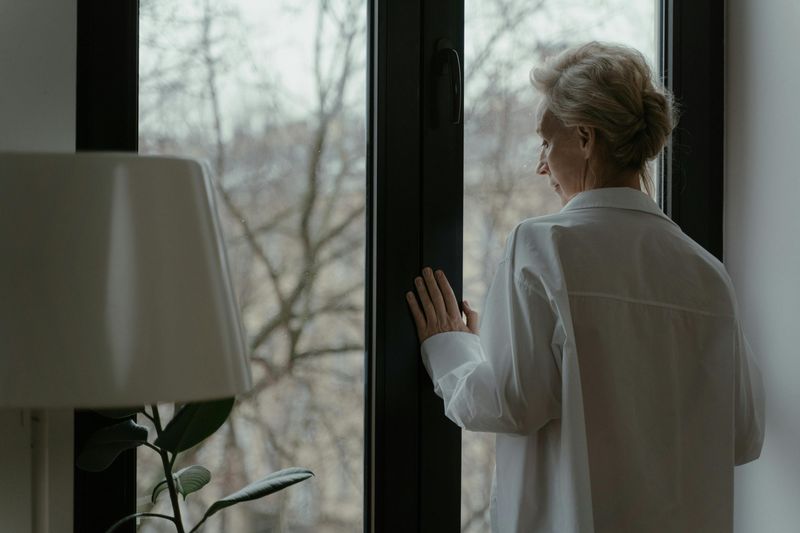
This wistful statement opens a door to alternate realities. She thinks about the guy she almost dated, the one who got away, or someone who showed interest before she committed.
These what-if thoughts aren’t just idle daydreams. They represent genuine regret and curiosity about roads not taken. She imagines different outcomes, different partnerships, different versions of happiness.
Dwelling on these possibilities shows she’s mentally checked out. Her mind wanders to other timelines because the current one feels like a mistake she can’t undo, leaving her stuck between reality and fantasy.
11. If Only [Fictional Character] Was Real…
![If Only [Fictional Character] Was Real…](https://shebudgets.com/wp-content/uploads/2025/10/kNG2Cue4x7pgo8w3.jpg)
She swoons over romantic leads in movies, books, or TV shows. These characters are attentive, passionate, understanding—everything her real-life partner isn’t.
Fiction becomes an escape where love looks the way she wishes it did. She knows these characters aren’t real, but they represent qualities she desperately craves and doesn’t receive at home.
Her partner might laugh it off as harmless fangirling. But it’s actually a sign that she’s seeking emotional fulfillment elsewhere, even if only in imagination, because her marriage leaves her feeling unseen and unromanced.
12. Maybe I Should’ve Stayed Single
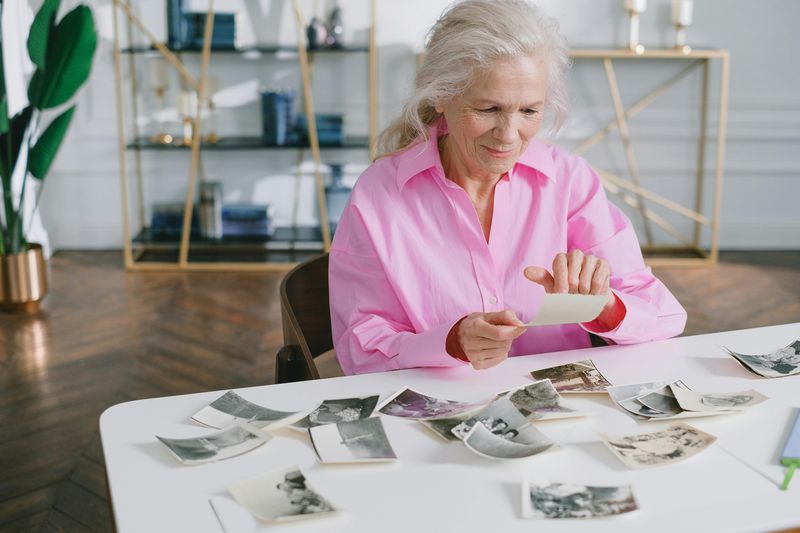
Looking back, her single years seem golden. She had freedom, independence, and peace. Now she wonders if marriage was worth giving all that up. This realization doesn’t come lightly.
It means she’s comparing her current unhappiness to the contentment she felt before marriage, and the past is winning. Many women feel guilt for thinking this way, especially if they have children.
But the thought persists because it reflects a deep truth: she might have been happier alone than in a partnership that drains rather than fulfills her.
13. I Can’t Believe I Gave ______ Up for This
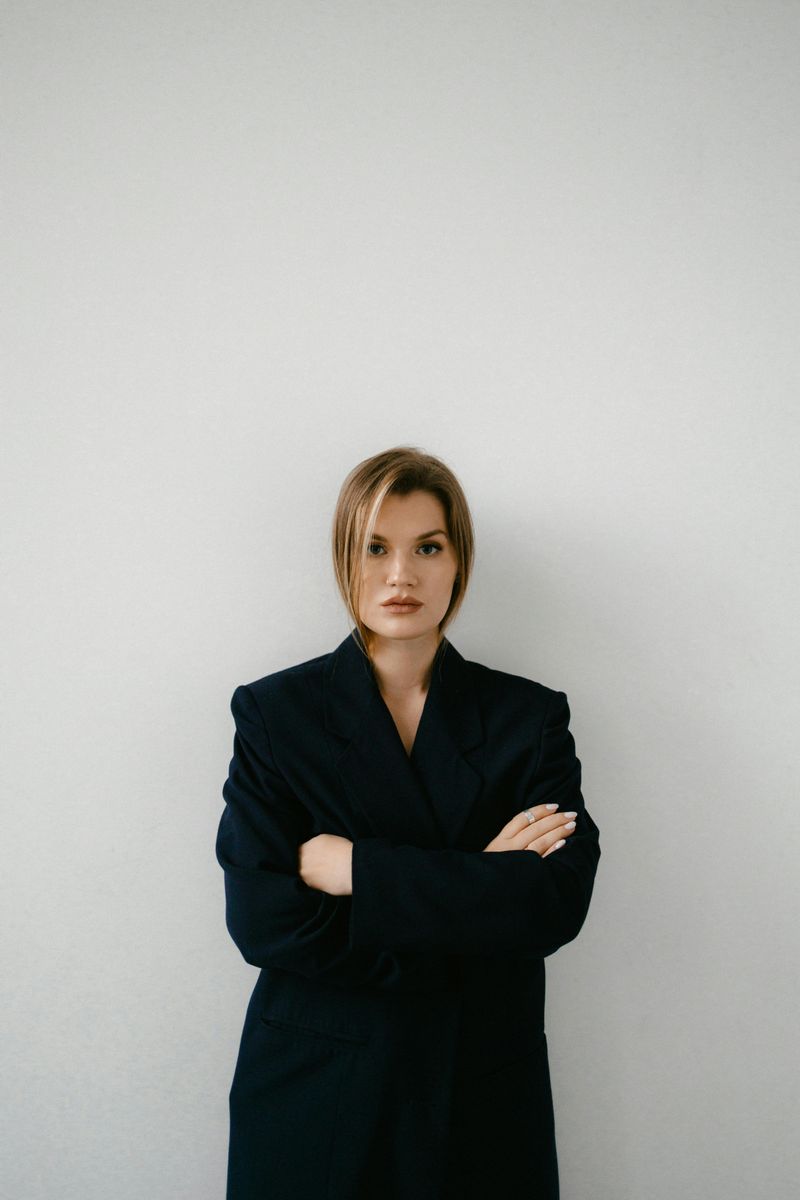
Career opportunities, travel plans, personal dreams—she sacrificed things that mattered for the sake of marriage. Now those sacrifices feel like losses rather than loving compromises.
She remembers what she walked away from and compares it to her current dissatisfaction. The trade-off no longer makes sense. What she gained doesn’t balance what she lost.
This sharp expression of regret cuts deep because it’s specific. She can point to exact moments and choices she wishes she could undo, making the regret tangible and painfully real.

Comments
Loading…